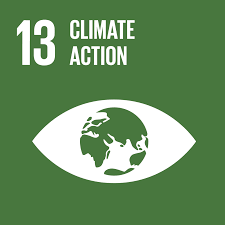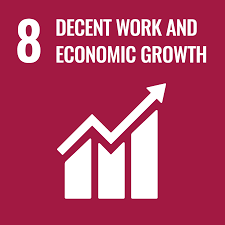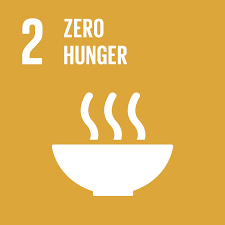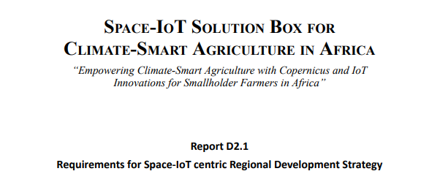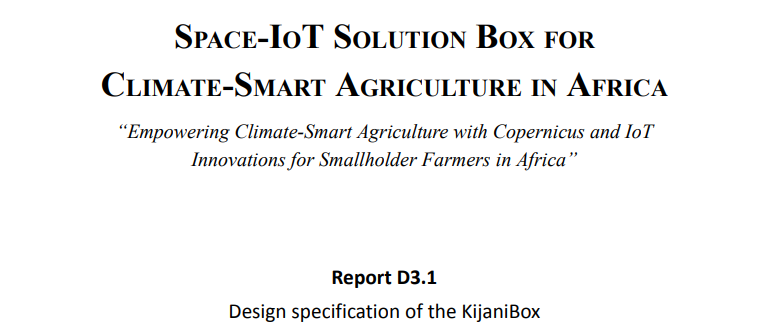D1.2 Data Management Plan
The project’s deliverable D1.2 Data Management Plan (DMP) and Ethical Framework outlines how KijaniSpace will manage and utilise data throughout the project lifecycle, adhering strictly to FAIR principles – ensuring data is Findable, Accessible, Interoperable, and Reusable. Existing datasets, such as Copernicus satellite imagery, meteorological data, OpenStreetMap, and IoT data, form the foundation for developing innovative, user-friendly solutions tailored to regional agriculture and aquaculture practices. Additionally, new data will be generated through pilot demonstrations, stakeholder engagements, and innovation experiments.
The plan emphasises transparency, compliance with GDPR, robust security measures, and rigorous ethical standards, particularly concerning human participation, personal data protection, and environmental stewardship. Clear roles, responsibilities, and resource allocation ensure effective implementation of these standards, supporting sustainable outcomes, capacity building, knowledge sharing, and equitable benefit-sharing between European and African partners.
Data Management Plans Contributions to SDGs & EU Priorities & Global Challenges
A Data Management Plan (DMP), such as the KijaniSpace D1.2 document, plays a crucial role in advancing Sustainable Development Goals (SDGs), supporting EU policy priorities, and tackling global challenges by ensuring that project data is effectively managed, accessible, interoperable, and reusable.
By promoting FAIR (Findable, Accessible, Interoperable, and Reusable) data principles, the DMP facilitates knowledge sharing, transparency, and innovation, enabling evidence-based policymaking and sustainable solutions. This structured approach to data stewardship enhances the project’s long-term impact and aligns its outcomes with broader societal and environmental objectives.
| EU Policy Priority / Global Challenge | SDG 2: Zero Hunger | SDG 8: Decent Work & Economic Growth | SDG 13: Climate Action |
|---|---|---|---|
International Cooperation (AU-EU) Global Gateway Strategy | – | Fosters R&I collaboration and capacity-building between AU and EU, contributing to inclusive economic growth. Strengthens EU-Africa collaboration in space and digital technologies for sustainable development D1.2 is a collaborative effort involving European and African partners. D1.2 outlines the data management framework for this collaboration. | – |
| Space Technology Utilization (Copernicus) | Leverages Copernicus Earth observation data for climate-smart agriculture to improve agricultural productivity. D1.2 outlines the use of Copernicus satellite imagery for agricultural applications. | Facilitates green job creation through Copernicus technologies. D1.2 describes the integration of EO data for innovative solutions. | Utilizes Copernicus data for climate-smart agriculture to address climate change impacts. D1.2 details the use of EO data for environmental analysis. |
| Climate-Smart Agriculture and Green Transition | Promotes climate-smart agriculture to enhance food production and security. Provides actionable insights and tools to enhance farming practices and overall well-being of smallholder farmers. Promotes “more efficient resource use and reduced environmental impact” through precision agriculture. D1.2 highlights the project’s focus on climate-smart agriculture. | Supports the transformation towards a sustainable economy, which includes green jobs. | Directly contributes to fostering the Green Transition by promoting actions to preserve climate, environment, and biodiversity through climate-smart agriculture. Contributes to sustainable management of natural resources, supporting SDG 13. Helps smallholder farmers adapt to climate change. Use of EO data for predictive irrigation helps farmers adapt to climate variability, supporting SDG 13. D1.2 mentions optimizing resource use and reducing environmental impact. |
| Digital Divide and Lack of Technological Awareness | Addresses the lack of awareness of Copernicus EO infrastructure and data. | Aims to build local capacities, skills, and knowledge in EO and IoT through talent and innovation programs. D1.2 describes the KijaniBox to simplify data access. | |
| Economic Growth and Green Job Creation | Contributes to sustainable economic growth in agriculture. | Fosters “long-term sustainable economic growth and green job creation in Africa and Europe” through Copernicus and IoT technologies. Empowers local SMEs and creates green jobs, advancing SDG 8. D1.2 states this as a central goal. | – |
| Climate Change and its Impact on Agriculture | Provides climate-adapted decision-making mechanisms to help smallholder farmers manage climate threats, stabilizing local markets and fostering economic growth. | Addresses economic disruption caused by climate events. | Directly confronts increasing risks posed by climate change to agricultural businesses in Africa. Use of EO data for predictive irrigation helps farmers adapt to climate variability, supporting SDG 13. |
| Food Security and Nutrition | Seeks to improve farmers’ livelihoods and contribute to place-based food security, nutrition, and self-sufficiency, particularly for smallholder farmers in the Lake Victoria Basin. Contributes to SDG 2 by improving agricultural productivity and resilience. | Supports economic growth through improved agricultural productivity. | – |
